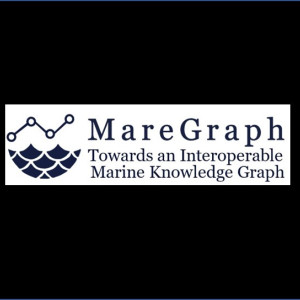Event Calendar
Find out what's happening in the area of Horizon Europe, Digital Europe and Horizon 2020
Pathways2Resilience launch event: Resilient Europe - empowering regions for climate adaptation
This was 11 months ago
LocationEIT House, Brussels (Hybrid)
1040 Brussels
Pathways2Resilience will host their launch event in the EIT House in Brussels on 23 November 2023.
Coordinated by EIT Climate-KIC, Pathways2Resilience aims to strengthen climate resilience for regions and public administrations through Adaptation Finance Innovation Labs, Innovation Practice Groups, and Training Sessions & Modules.
On 23 November 2023, Pathways2Resilience will explain and launch their first call for applicants, which will select regions and communities that will receive funding and support to develop strategies and action plans towards climate resilience.
Additionally, DG CLIMA's Mission Adaptation Manager, Elina Bardram, will focus on the key role of regions in Europe's resilience to climate change. There will be opportunities to network with regional representatives, EU policy makers and climate resilience experts.
You can register through the official website.
myOVERVIEW
-
sign up for personalised information
We offer news and event updates, covering all domains and topics of Horizon Europe, Digital Europe & EDF (and occasionally, for ongoing projects, Horizon 2020).
Stay informed about what matters to you.
By signing up, you can opt in for e-mail notifications and get access to
a personalised dashboard that groups all news updates and event announcements in your domain(s).
Only for stakeholders located in Flanders
Event calendar
52 upcoming events view event calendarDigital, Industry & Space Defence
Brokerage Event: Dual-Use Technologies 2024 - The Space Economy: Driving T...
Security Digital, Industry & Space Cybersecurity
5G Techritory Forum
Digital, Industry & Space AI, data & cloud
AI, Data & Robotics Forum 2024
Testimonial

MareGraph - Towards an Interoperable Marine Knowledge Graph
The MareGraph project, ‘Towards an Interoperable Marine Knowledge Graph’, obtained funding under the Digital Europe topic ‘OPEN-AI – Public Sector Open Data for AI and Open Data Platform’. The project will increase the semantic, technical, and legal interoperability of three selected high-valued datasets (HVDs) all maintained by the Flanders Marine Institute (VLIZ), which is one of the four partners of the project. This will allow the onboarding of essential marine datasets in the Common European Data Spaces. As such MareGraph will provide a structural component in the digital transition of the marine landscape. The numerous impacts of the project will benefit our seas globally in old and new ways to come.

